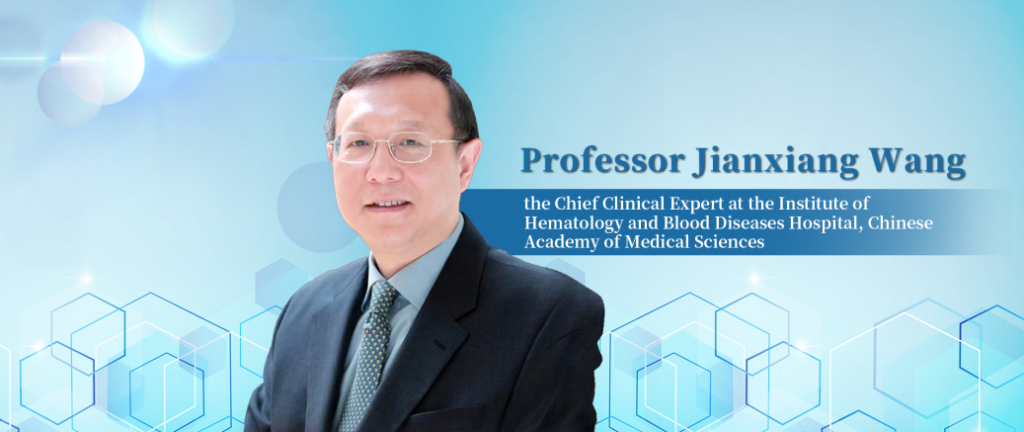In December 2023, Professor Jianxiang Wang , the Chief Clinical Expert at the Institute of Hematology and Blood Diseases Hospital, Chinese Academy of Medical Sciences , and his team, published a paper in Human Gene Therapy titled "Universal Anti-CD7 CAR-T Cells Targeting T-ALL: Functional Analysis and Potential Applications." The study provides a promising therapeutic approach for treating T-cell acute lymphoblastic leukemia (T-ALL) by demonstrating the effectiveness and safety of universal anti-CD7 CAR-T cells targeting CD7-positive tumor cells.
Chimeric antigen receptor T cell (CAR-T) therapy has revolutionized the treatment of hematological malignancies. One of the challenges in CAR-T cell therapy is the limited availability of target antigens that are exclusively expressed on tumor cells. CD7 is a pan-T cell marker that has shown promise as a target for CAR-T cell therapy in T-cell acute lymphoblastic leukemia (T-ALL). This study aims to investigate the functionality and potential applications of universal anti-CD7 CAR-T cells in targeting T-ALL.
Prof. Wang constructed universal anti-CD7 CAR-T cells by CRISPR-based knockout of TRAC and CD7 genes. Phenotype detection, cytotoxicity assays, cytokine release assays, and RNA-seq analysis were performed to characterize the functionality of the CAR-T cells in vitro. Furthermore, a T-ALL xenograft mouse model was used to evaluate the therapeutic efficacy of the universal anti-CD7 CAR-T cells in vivo.
The universal anti-CD7 CAR-T cells showed significant proliferation, specific lysis of CD7-positive T-ALL tumor cells, and improved secretion of proinflammatory cytokines in vitro. In the T-ALL xenograft mouse model, the universal CAR-T cells significantly reduced tumor burden and prolonged survival compared to the control group. Phenotypic analysis revealed a CD4-prone phenotype in the CAR-T cells with CD7 knockout, while no significant changes were observed in T cell activation markers.
Universal anti-CD7 CAR-T cells offer a promising therapeutic approach for T-ALL. The study provides insights into the functionality and potential applications of these CAR-T cells, demonstrating their efficacy in targeting CD7-positive tumor cells.


